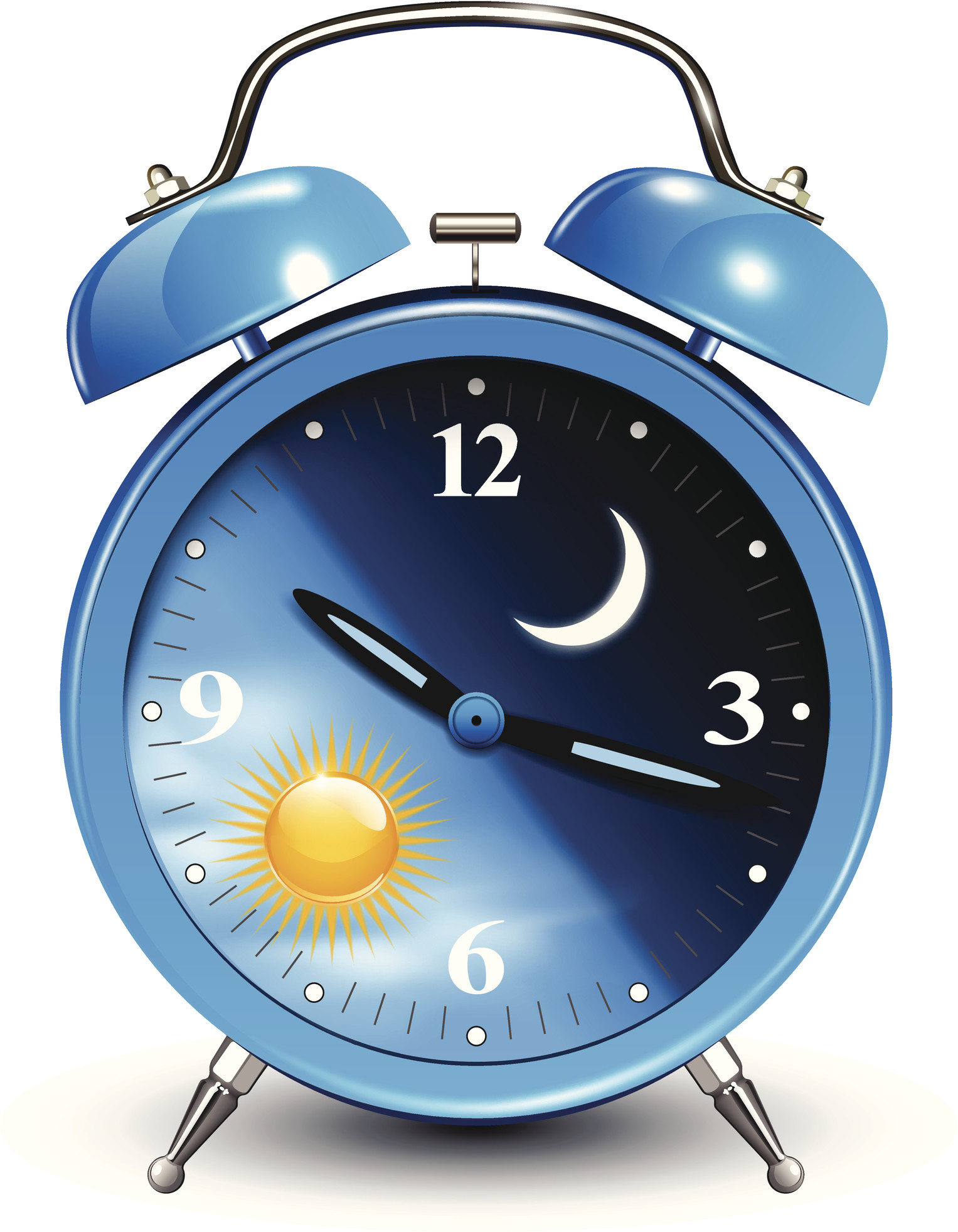
New thinking about plaque in arteries that feed the brain

Want to prevent shifting teeth? Maybe you need retainers

New evidence that polyphenol-rich foods help the heart

What you need to know about the new dietary guidelines

Food that’s healthier for people and planet can be cheaper, too

What are somatic workouts?

How to curb your stress eating

8 simple ways to reduce ultra-processed foods in your diet

How to spot Parkinson’s disease symptoms

Heart failure symptoms in women: How they’re different
Mental Health Archive
Articles
In search of sleep
Many women making the transition to menopause have trouble sleeping. Several strategies can help you get the rest you need.
If you're a woman of a certain age and you often find yourself staring at the ceiling in the middle of the night, you're not alone. The years leading up to menopause and the period that immediately follows are the times that women are most likely to report problems sleeping, according to the National Sleep Foundation. Many different conditions that are common in this stage of life — including hot flashes, obstructive sleep apnea, and mood disorders such as depression or anxiety — can cause sleep problems.
Lack of sleep is more than just a nuisance. "We now understand that high-quality sleep is absolutely vital to good health," says Dr. JoAnn E. Manson, the Michael and Lee Bell Professor of Women's Health at Harvard Medical School. This means that seeking care should be a priority if you are experiencing problems.
Can forest therapy enhance health and well-being?
When you were a child and your mother told you to go play outside, it wasn’t just because she needed some child-free time. Inspired by a Japanese practice, forest therapy is an immersion in nature that has been shown to have positive effects on health.
Collaborative care: Treating mental illnesses in primary care
Collaborative care is a team-based model of integrated psychiatric and primary care that can treat mental illnesses in the primary care setting. Providing this patient-centered care in the primary care setting improves access to mental health care and reduces stigma.
Medication or therapy for depression? Or both?
No single treatment—whether it's an antidepressant drug or a style of talk therapy—can ease depression in every case. However, research suggests you will improve your chances of getting relief if you combine drugs and therapy. One report that pooled findings from 25 studies found that adding psychotherapy to drug treatment was more helpful than medication alone in treating major depression. Earlier research suggested that one reason therapy and medication may complement each other is that they have different effects on the brain.
In addition to relieving depression, combination therapy may help ward off recurrences. A classic three-year study reported in JAMA tracked recurrences of major depression in about 200 people ages 60 or older. Of those who received monthly interpersonal therapy and who also took an antidepressant medication, 80% avoided a recurrence. In contrast, the same could be said for only 57% of those who received the drug alone, 36% of those given just interpersonal therapy, and a mere 10% in the placebo group.
Why your sleep and wake cycles affect your mood
The body’s circadian rhythm controls our sleep-wake cycle, so an irregular rhythm can negatively affect sleep and proper functioning, which can lead to health problems including mood disorders. The tendency to rise early or stay up late is genetically determined, but you may be able to adjust your life to better match your circadian rhythm.
The dating game
How older men can approach the dating life again — and why they should.
One downside to aging is the higher likelihood that at some point you will not have a partner. No matter what the reason for your singlehood, a healthy remedy is to begin dating again.
"Pursuing a more robust social and romantic life is good medicine for your mental and physical health," says Dr. Sharon Bober, founding director of the Sexual Health Program at Harvard-affiliated Dana-Farber Cancer Institute.
Testing for dementia
If you or someone else suspects early signs of memory loss, here's how you can find out if there's a problem.
There's no cure for dementia, and you cannot substantially reverse its effects, but there are ways to possibly slow its progression. But first, you need to know if you — or a loved one — may have a memory disorder. "Unfortunately, there is not one single test that confirms dementia while you are alive," says Dr. Julie Brody Magid, clinical director of the Harvard-affiliated McLean Hospital Memory Disorders Assessment Clinic. "The testing process is multilayered and takes many things into consideration. Going through this evaluation may help identify memory problems before they get worse."
Know the symptoms
Symptoms of dementia include memory loss, problem-solving difficulties, and language issues. Behavior and emotions also can be affected. Symptoms are often subtle early on, and then get progressively worse. They can increasingly interfere with daily life tasks, like remembering to attend appointments, take medication, or pay bills. People also may have trouble preparing meals or driving safely.
7 tips for going outside safely with your children during the COVID-19 pandemic
During the COVID-19 pandemic, getting yourself and your children outside helps with both physical and mental health. Be smart and do it safely by following these tips.
Staying calm in turbulent times
There are several ways to manage anxiety on your own, but it's important to recognize when to get professional help.
Nowadays, simply tuning in to the daily news is likely to be stressful. Add on the stresses of daily life — such as handling work demands or adjusting to retirement, dealing with family issues, coping with illness, or caregiving — and you may begin to greet each day with apprehension and worry. In other words, you can become anxious.
"Some degree of anxiety is normal and even necessary," says Dr. Ann Epstein, a psychiatrist at Harvard-affiliated Cambridge Health Alliance and medical editor of the Harvard Special Health Report Coping with Anxiety and Stress. "Anxiety signals us that something is awry or might need our attention. However, you don't want the response to become exaggerated or to dominate your life," she says. Good coping mechanisms for stress and anxiety can help you stay healthy during turbulent times.
Strategies to support teens and young adults with autism spectrum disorder during COVID-19
The conditions imposed by the COVID-19 pandemic are challenging for all of us, but are especially difficult for teenagers with autism spectrum disorder and their families. Strategies to support teens and families living with ASD can help lessen the impact of the virus.

New thinking about plaque in arteries that feed the brain

Want to prevent shifting teeth? Maybe you need retainers

New evidence that polyphenol-rich foods help the heart

What you need to know about the new dietary guidelines

Food that’s healthier for people and planet can be cheaper, too

What are somatic workouts?

How to curb your stress eating

8 simple ways to reduce ultra-processed foods in your diet

How to spot Parkinson’s disease symptoms

Heart failure symptoms in women: How they’re different
Free Healthbeat Signup
Get the latest in health news delivered to your inbox!
Sign Up











